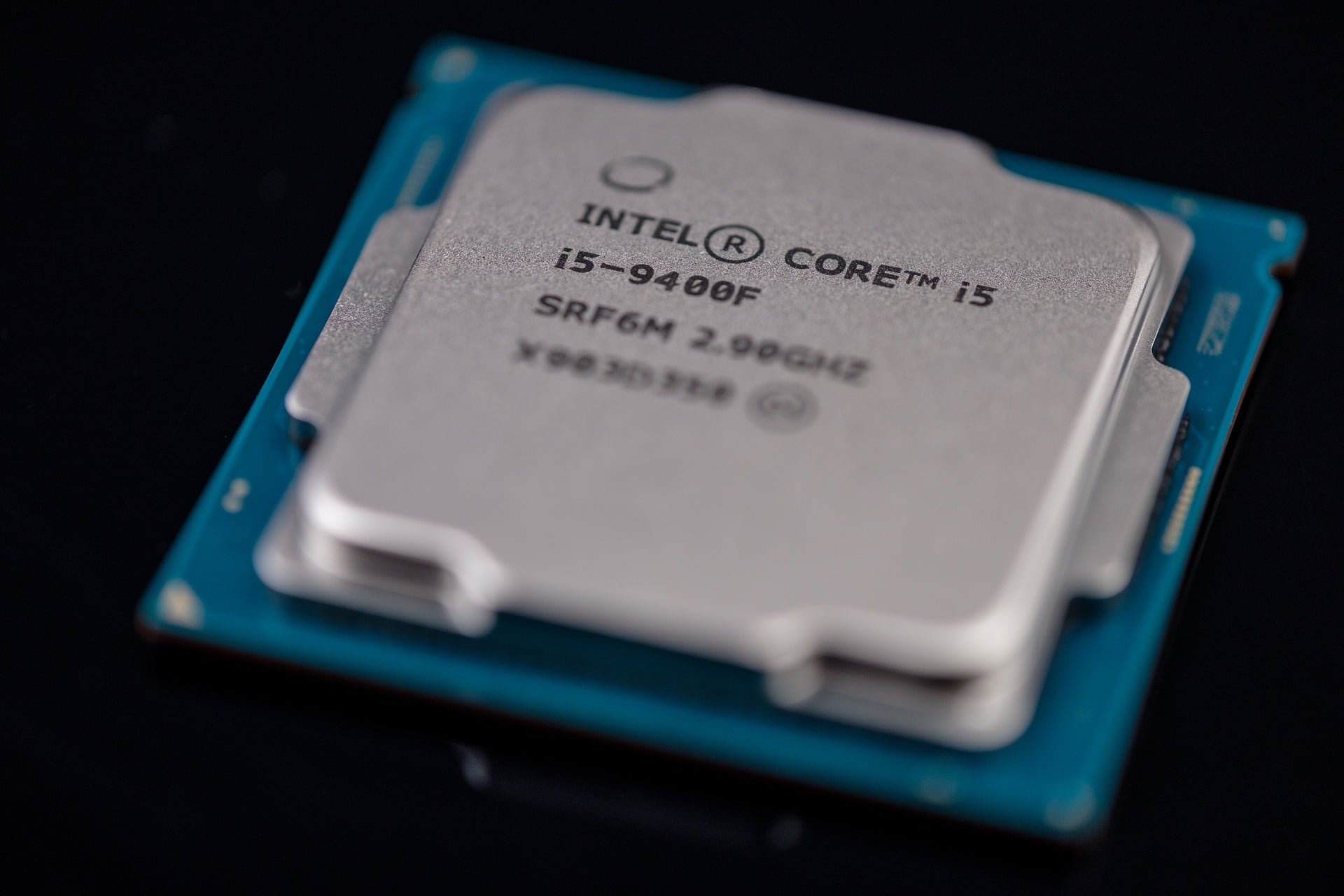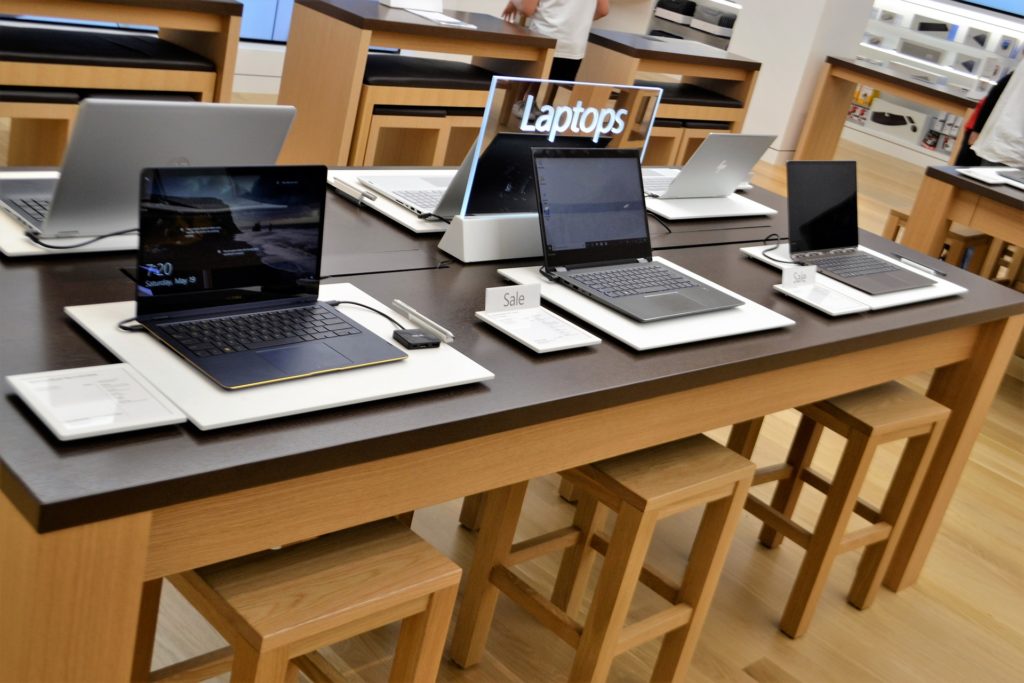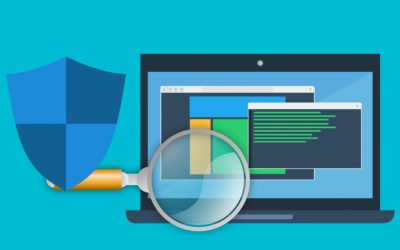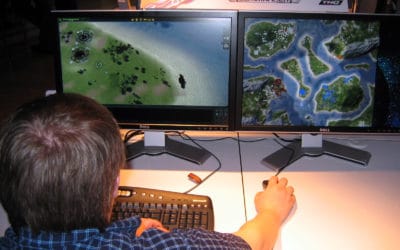Factors to consider before purchasing a new computer
A brand new computer is a must for many people. However, before rushing out to buy your next computer, you should consider the following factors before purchasing the most suitable computer for your needs.
The type of software the computer runs on will be important to consider when buying a new computer. For example, some computers run on Microsoft Windows while others run on Macintosh OS X. Be sure to consider what software you need for work and play so that you can get the best machine for your money.
1. RAM (Memory)
For home users who find themselves browsing social media sites like Facebook, YouTube, and Twitter every day, having enough memory may not seem like an issue at all. While it’s true that these activities don’t require much in terms of processing power, it’s still a good idea to have a computer with a sizeable memory. This is because the more files and programs you have on your machine, the slower it will run. Even if you don’t browse social media sites, having an over-crowded hard drive can still impact negatively on your search speeds.
2. Storage space
In addition to finding out what type of computer you’re looking for, be sure to find out how much storage space that machine offers. Whether or not this amount suits you depends solely on how many files need storing and whether or not they could be stored in cloud services instead. If you do decide to buy a new computer with less storage space than you feel is required, there are external hard drives available which come in massive sizes and are very cheap.
3. Processing power
The next thing to look out for is the speed of the computer. In this day and age, computers come equipped with different specifications depending on what you’re looking for in a machine. If you need something that can run heavy-duty software, perhaps for film editing or a large media library, a machine with a high processor speed and RAM will be required. On the other hand, if your computer needs aren’t too intensive, rounding out your purchase by buying less powerful components can save you money. Playing games or streaming movies won’t require powerful capabilities, so buying slow but cost-effective processors and graphics cards can make sense in terms of price vs performance.

4. Hard-drive speed
Look also at the hard drive speed when considering purchasing a click here new computer. A faster speed means that the computer will be able to process and record data faster, which can significantly improve performance across the board. If you’re looking at laptops, an SSD option is always best; if possible, you should only get a hard drive with a 7200 RPM spin speed or higher. Having an SSD helps your laptop load games and apps much more rapidly than having only a normal hard drive would.
A lot of people tend to forget about SSDs when they’re building their own PCs, but they’re a very important part of the setup. For laptops especially, make sure that the PC comes with an SSD to improve battery life and performance. You can also install one yourself if you already have a laptop- it’ll only cost about 40 dollars for a 120gb drive.
5. Keyboards
Some computers also offer better-quality keyboards than others do. The difference between $10-per-key keyboards and $100+ keyboards is large enough that it’s worth considering when buying your next computer. While no one needs mechanical keys like those found on high-end gaming keyboards, good quality membrane keys fares much better, even on lower-end laptops.
6. Screens
If you’re looking at computers with screens smaller than 1080p, you should look elsewhere. There’s no sense in buying a 1366×768 laptop when 1920×1080 is available for the same price or lower.
LCD panels are being phased out by more modern alternatives. OLED displays have received more attention lately because of their ability to produce deeper blacks and richer colors than what standard LCD panels can do. If possible, go for an OLED display rather than an LCD one when purchasing a new computer screen.
7. Inputs
Some computer manufacturers disable the touchpad while the user is typing so that they don’t accidentally bump it and mess up whatever they were typing before it happened. This feature may depend on what type of computer you’re buying, but if at all possible it’s best to not purchase a laptop without this feature.
Including peripherals in your purchase is usually cheaper than purchasing them separately later on. If possible, find a PC that already includes a monitor or TV as well as speakers and wireless internet capabilities so that you don’t have to pay extra money for those items. Dual monitor setups can be great for work use.
8. Compatibility
When purchasing a new PC, be sure to check for compatibility with your current setup before making the switch. Some PCs require more power than others, so make sure that the one you are looking at will work with everything else in your home. Be careful not to lose important files when moving them over from an older PC. If you don’t have any USB 3 ports on your motherboard or graphics card then use USB 2 for transferring files- you’ll get the same speed as on USB 3, but keep old files intact and prevent data loss.
9. Overclock
When assembling all these parts into one machine, be sure not to overclock your CPU unless you know what you’re doing! Many people decide to do this as soon as they build a computer, but if you’re not sure about doing that then it’s best to simply avoid it altogether. If your processor gets too hot you’ll end up with a very expensive paperweight.
In the event of something going wrong with any piece of hardware, always check with the manufacturer first before purchasing and installing a replacement part since they might be able to help out for free or at least sell you one at a discounted price.
10. Graphics card
If your new PC has multiple graphics cards installed (e.g NVIDIA SLI or ATI Crossfire) make sure they are both compatible and also use the same driver version so as to not cause problems later on as compatibility issues often arise between drivers for different graphics cards.
11. PSU
Before you purchase all new parts for your new PC make sure they will all work together and that you haven’t missed anything. For example, if you intend to purchase a new graphics card, check the power requirements of both the card as well as the power supply unit (PSU).
In some cases, it may be wise to ask for professional advice from those who have been doing PC builds for years as opposed to purchasing everything yourself because these can often turn out less expensive than buying parts separately and also save time since professionals know exactly what they need and how much of it.
12. Cable management
Never underestimate cable management since getting this wrong could result in a nightmare where airflow is severely restricted resulting in overheating PC components which can make things go wrong. If your new build uses a Micro ATX motherboard, then you’re going to need a Micro ATX case and also a power supply with two separate connectors: one for the motherboard and another for the graphics card. All cases tend to come with fans but these are usually low quality so you can save some money by removing these and installing your own superior ones which will definitely improve airflow.
Remember that as well as buying all of the parts needed for building your next PC, it’s important to choose an operating system (OS) such as Windows or Linux since without this it won’t be able to run anything at all.
As long as you plan ahead and buy everything required in advance along with taking the time to read up on how different components work before assembling them together.
Why go through this on your own? Seek the help of one of our professionals who excels at computer setup in Melbourne.


